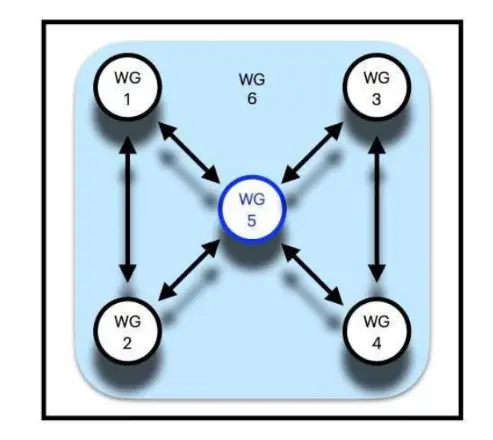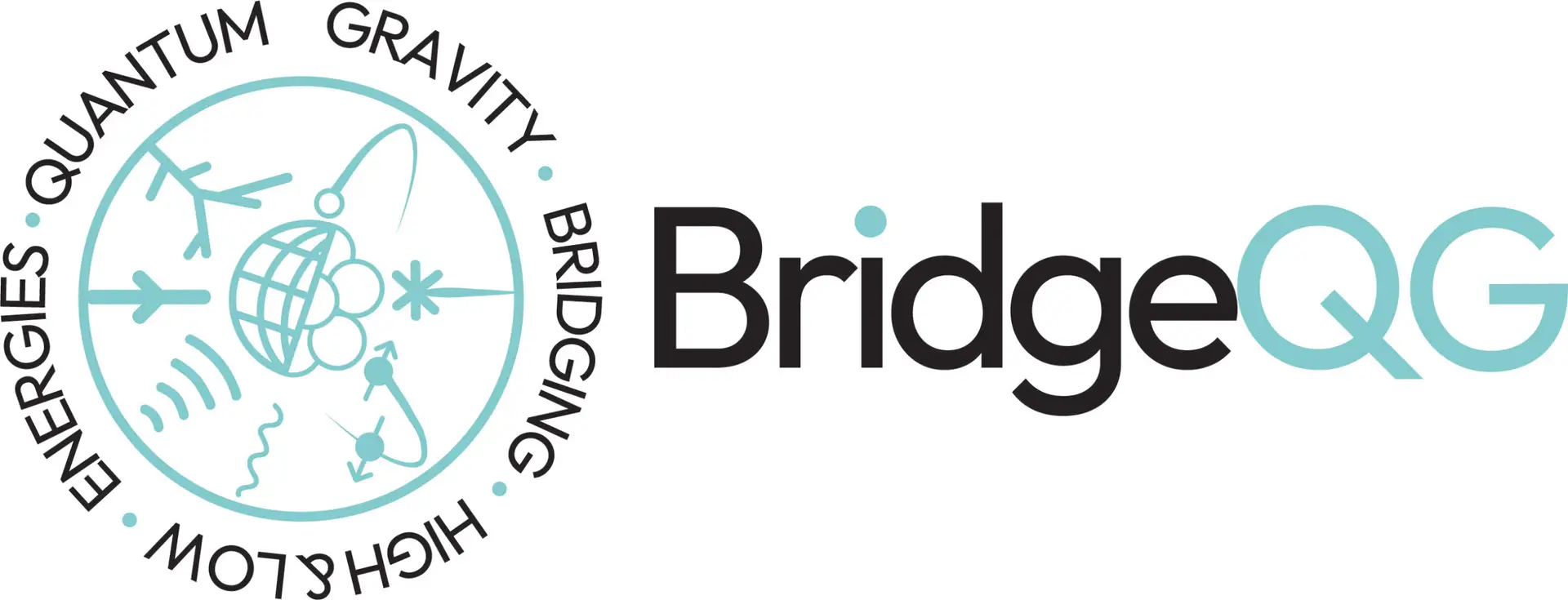
Our Working Groups’ Objectives
BridgeQG’s working groups focus on key areas of quantum gravity. They aim to facilitate discussions, share knowledge, and drive innovative research across disciplines. Through collaborative efforts, we enhance our understanding and support the next generation of scientists.
Working Groups’ Structure
| WG | Working Group | Leader | Vice Leader |
| 1 | High-energy quantum gravity theory | Dr Christian Pfeifer | Prof Alessia Platania |
| 2 | High-energy quantum gravity experiment | Dr Tomislav Terzić | Dr Alba Domi |
| 3 | Low-energy gravitational effects in quantum systems | Dr Lin-Qing Chen | Dr Thomas Galley |
| 4 | Low-energy high-precision experiment | Dr Matteo Fadel | Dr Catalina Oana Curceanu |
| 5 | Connection between low-energy and high-energy QG | Dr Flavio Mercati | Dr Giacomo Rosati |
| 6 | Dissemination and Diversity | Dr Jelena Strišković | Dr Denitsa Staicova |
Working Groups Description
WG1: High-energy quantum gravity theory
This group gathers researchers working on fundamental approaches to quantum gravity, on phenomenological models of quantum gravity relevant to very high-energy physics, and on the systematic prediction of astrophysical observables from fundamental approaches to quantum gravity.
WG2: High-energy quantum gravity experiment
This group gathers researchers working on fundamental approaches to quantum gravity, on phenomenological models of quantum gravity relevant to very high-energy physics, and on the systematic prediction of astrophysical observables from fundamental approaches to quantum gravity.
WG3: Low-energy gravitational effects in quantum systems
This WG focuses on the investigation of gravitational effects in quantum systems. It addresses theoretical questions on the nature of gravity and observers and identifies how these could be tested in quantum systems.
WG4: Low-energy high-precision experiment
This WG is mostly composed of experimentalists working with table-top setups (e.g., cold atoms, mechanical oscillators, levitated particles), and by theorists familiar with these low-energy platforms.
WG5: Connection between low-energy and high-energy quantum gravity
WG5 includes scientists working at the interface between high-energy quantum gravity and gravitational effects in quantum systems, either at theoretical or phenomenological level. It is responsible for establishing connections between WGs 1-4 and catalyzing the development of models for quantum gravity on all scales.
WG6: Dissemination and Diversity
This WG is in charge of organizing the Action networking and dissemination activities and working towards promoting diversity in the Action. For all events organized, WG6 ensures that speakers, lecturers and participants are balanced with respect to gender, age and geographical distribution.

